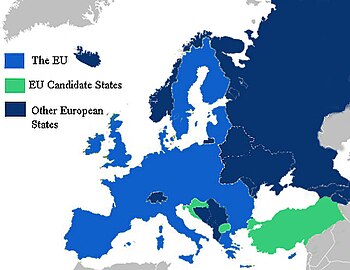 |
| English: psalms in Aramaic (Photo credit: Wikipedia) |
Jesus is not the real name of the Messiah, like lots of English speaking believe and do not want to accept the Biblical characters had not the English names they are used to.
Lots of people either do not know or do not want to know, that by the beginning of the Common Era, Aramaic had replaced Hebrew as the spoken language of Palestinian Jews. The Essene Jew born in Bethlehem also was a Palestinian who spoke, like his worldly parents Aramaic.
We should remember that the causes of Hebrew’s decline could be hastened by the Babylonian exile in 587 B.C.E. and the continued foreign rule of Palestine during the Second Temple period. Though we must see and hear that there are many similarities between the two, both being a Semitic language.
Lots of people also do forget that for a long time it has been the second most important Jewish language — though it was spoken by non-Jews as well. The Talmud is written in Aramaic, as is the Zohar, the great medieval mystical text. One of the best-known Jewish prayers, the Kaddish, also is written in Aramaic. During the talmudic era, Hebrew illiteracy was so high that the Torah reading was recited along with a verse-by-verse translation into Aramaic.
We even find a conjugation of the word "Allah" when rabbi Jeshua cries unto his heavenly Father asking Him why He has abandoned him.
To the dismay of many English-speaking and Muslim haters, the world must realize that Allah is a title used by several people and even by Jesus to describe the only true God.
++
Find also
More on Aramaic and other languages spoken by Jews, like the in Belgium often heard Yiddish:
+++




















































